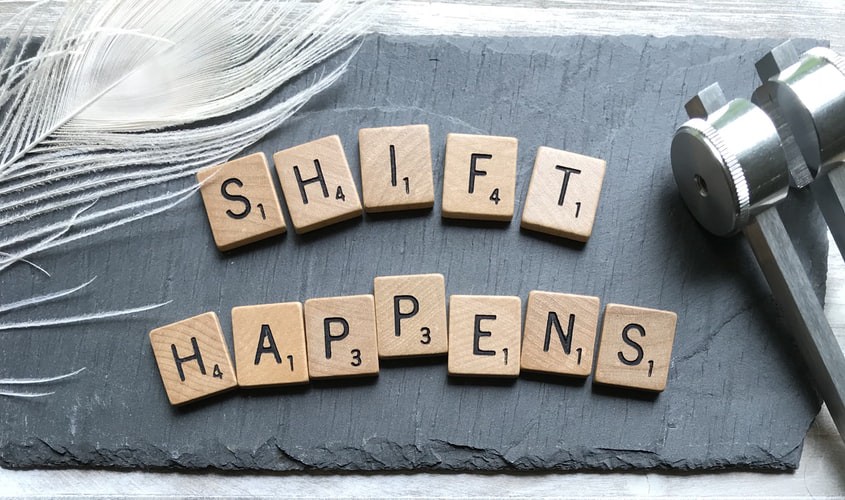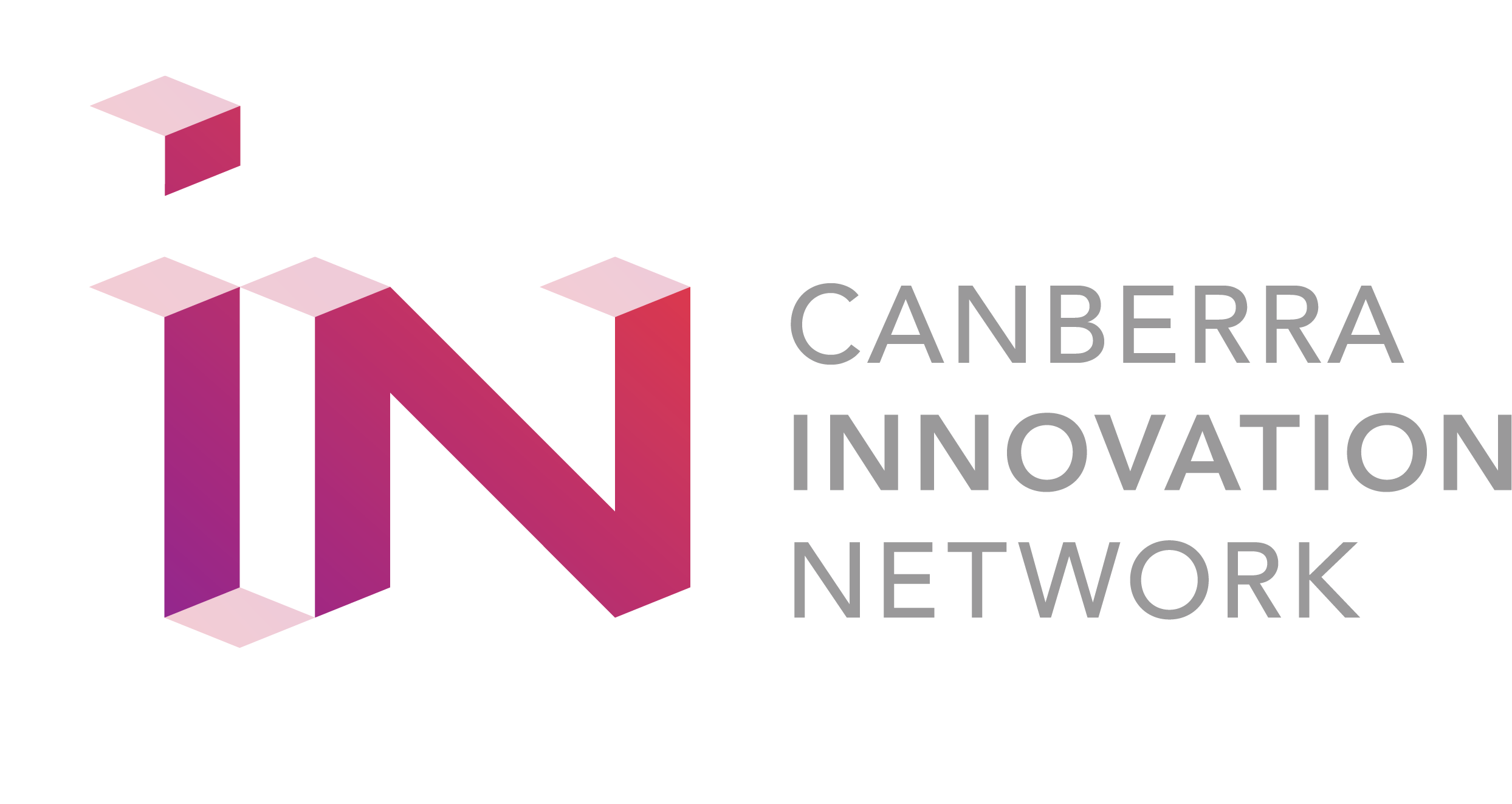- 23 August 2021
- Posted by: Canberra Innovation Network
- Categories: General News, Weekly Innovation Challenge

As part of the Canberra Innovation Network’s commitment to supporting our community of entrepreneurs during the ACT lockdown, we’ve reinstated our popular Weekly Innovation Challenge. The Weekly Innovation Challenge is for every entrepreneur, founder and business leader. If you’re growing a business, developing a product or just want to change the world, our goal is to show you relevant new ideas and challenge you to rapidly try them out. Every Lockdown Monday at 2pm we will introduce a topic, host guest experts, allow room for questions and end by setting a useful, actionable challenge for you to work on.
In the first installment of the Weekly Innovation Challenge we discussed Adapting your Business to the Lockdown. We’d like to share a video of the event for those who weren’t able to attend.
A big thank you to everyone who participated. And be sure to register now to join us on 30 August for the next challenge — Engaging Customers and Partners from Home.
NB: Below we share notes taken from the live meeting. This is not a transcript and these are not direct quotes; for those, refer to the video above.
The Canberra Innovation Network’s GM Growth Programs, Dr Craig Davis, along with the Joyful Frugalista / Fashionista / Business Club Founder Serina Bird and mHITS Ltd Founder and CEO Harold Dimpel had the not-so-easy task of making us all feel more comfortable with addressing very real business (and interpersonal) challenges served to the forefront, courtesy of the COVID lockdown.
So, let’s get down to it! The key part of these weekly challenges is for us to figure out the problems, risks and challenges unique to our businesses. Some of us have a shop that’s shut, others have a factory that no one can go to, and still others are booming with online business. Regardless, it’s time to identify our top challenge. Are customer relationships it? How about looking after my team? Is it about logistics? Or something slightly less obvious? Like distraction. Which is a risk! There are other risks — subtle things — that can really undo a thriving business in times of transition. Maybe I’m facing the same problem I did a month ago (technical or otherwise) that’s not COVID related. Whatever the case, the way forward is to talk about my challenges, and talk about PEOPLE.
Customers and stakeholders, team members and partners are people first, and will be struggling to deal with what they can and can not do at this time. Can I make creative adjustments to help them out? Hopefully! First I must understand there constraints, and then I can adapt my offering.
And what about cash … how’s my revenue look? What costs am I still incurring? How long will my savings last me through tough times like the present environment? EEEP! How has this changed, what do I think will happen, and how certain am I about that? Think about the gaps and differences between what I thought would happen and what’s eventuated.
According to Serina, no one is joyful 100% of the time, and the effects of COVID on joy are palpable. Her advice comes by way of the mantra “One day at a time, one thing at a time”. It’s so easy to catastrophize — try to turn that off and focus on what’s immediately in front of you. And view this as an opportunity.
Harold recommended taking out the old notebook and pen and making things real by writing. What do I have control over? Take a second to appreciate the stillness and the opportunity to address problems. This isn’t the first or last crisis I’ll have suffered as a founder, but I might be seeing the cracks in my business’s foundation in a new way right now. Build up resilience and use this time as a test case.
Craig reiterated that naming things can give me a power over them. If I write down all of the ‘too scary to mention’ items affecting me, my team AND my customers, I can then prioritise the conversations I need to have, and more often than not realise that some things aren’t as impossible to tackle as I probably think.
And stay engaged! I may be used to meeting with customers and clients face-to-face, but now that I can’t it’s even more important to schedule chats. People are at a heightened state of anxiety, so first I need to acknowledge my own feelings, then apply that empathy to those I’m reaching out to.
Oh, and prioritise self care. That’s a big one, because we’re all engineered with ‘fight or flight’ in our DNA, and we don’t make the best decisions when we’re on the edge of a cliff. If I take a breath and a step back before doing anything big, I’ll have a greater chance of success. Talk to a trusted someone to get out of the fight or flight mode, and reach out to this community!
Weekly Challenge: Realise one problem I have and share it with someone I trust (“I’m not sure what to do about XYZ” or “I’m worried about ABC”). Saying it out loud is sometimes all I need to do! But other times the input from my team, a friend or another member of the innovation community with an understanding of my industry is just what I need to solve this.

